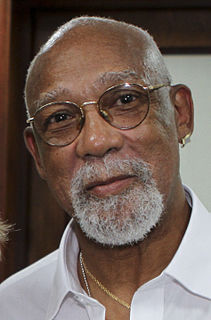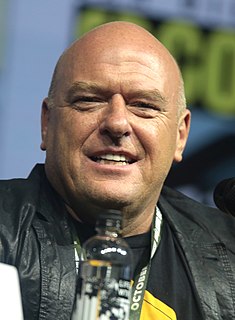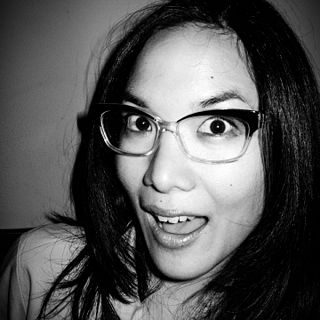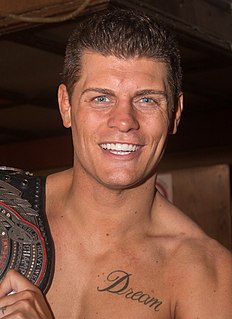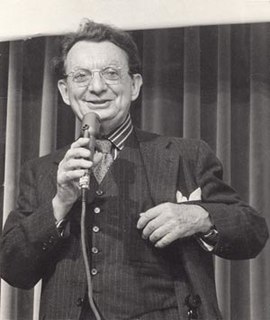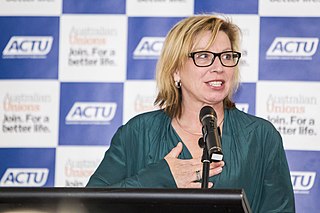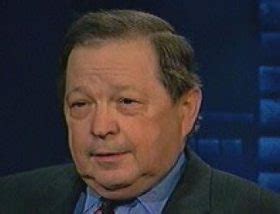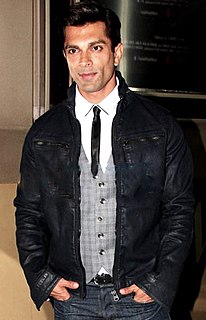A Quote by Upton Sinclair
Dad, as a good American, believed his newspapers.
Related Quotes
I'm the granddaughter of a factory worker from Scranton, Pennsylvania. He went to work in the same lace mill every day for 50 years. He believed he passed it down to my dad, who passed it down to me, that if he did what he was supposed to do, he'd have a good life and his kids would have an even better life. That is the American dream. That is what we believe in, that's what we've got to keep going generation after generation.
My dad grew up with straight-up no running water. He slept in a twin bed with his two sisters and his mom, like 'Charlie And The Chocolate Factory' style: like, feet at the head, feet at the head alternating. And then I think his dad slept on, like, a bed of newspapers on a floor in their apartment.
One of the things I always believed in was my dad came to America and he was a very talented musician, but he couldn't make a living that way so he had to support his family as an auto mechanic which he also loved doing. He was also such a great dad because when I first told him I thought I wanted to go into show business, his response was okay, that's interesting.
Thomas Jefferson despised newspapers, with considerable justification. They printed libels and slanders about him that persist to the present day. Yet he famously said that if he had to choose between government without newspapers and newspapers without government, he would cheerfully choose to live in a land with newspapers (even not very good ones) and no government.



